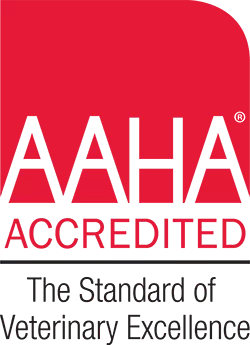Dogs
Pagination
We Are AHAA Certified
Choosing Hampton Veterinary Hospital, an AAHA-accredited facility, is essential for top-tier veterinary care. Our accreditation underscores an unwavering commitment to the highest standards in diagnostics, surgery, patient care, and pharmacy practices. This commitment ensures that your pet receives exceptional care, fostering confidence within our community. At Hampton Veterinary Hospital, as an AAHA-accredited hospital, we prioritize excellence to provide your furry companions with the best possible veterinary services.

